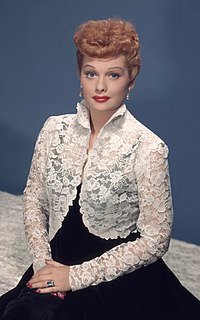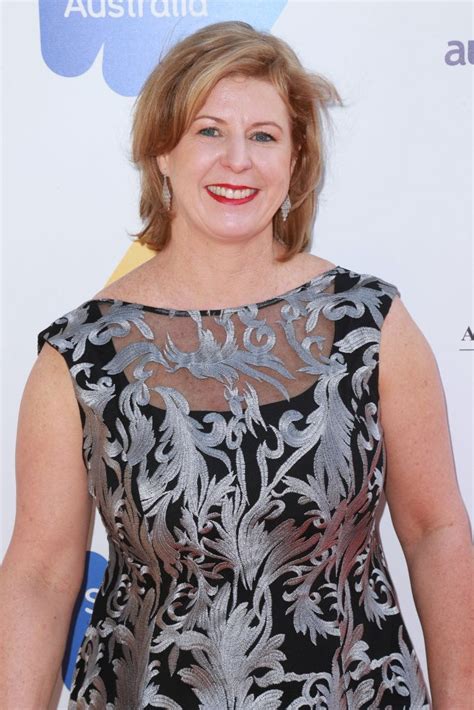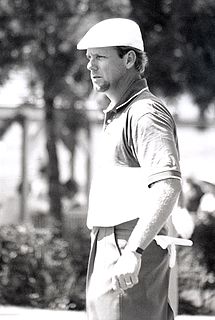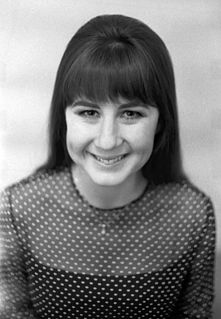A Quote by Brie Larson
The thing I was always most protective of was my mystery. I worried that if I gave too much of myself, then I would limit the characters I could fall into.
Related Quotes
Melanctha Herbert was always losing what she had in all the things she saw. Melanctha was always being left when she was not leaving others. Melanctha Herbert always loved too hard and much too often. She was always full with mystery and subtle movements and denials and vague distrusts and complicated disillusions. Then Melanctha would be sudden and impulsive and unbounded in some faith, and then she would suffer and be strong in her repression. Melanctha Herbert was always seeking rest and quiet and always she could only find new ways to be in trouble.
I cured myself of shyness when it finally occurred to me that people didn't think about me half as much as I gave them credit for. The truth was, nobody gave a damn. Like most teenagers, I was far too self-centered. When I stopped being prisoner to what I worried was others’ opinions of me, I became more confident and free.
They could fall in love with fresh, new people, or they could have the courage and humility to tear off some essential layer of themselves and reveal to each other a whole new level of otherness, a level far beyond what sort of music they liked. It seemed to her everyone had too much self-protective pride to truly strip down to their souls in front of their long-term partners. It was easier to pretend there was nothing more to know, to fall into an easygoing companionship. It was almost embarrassing to
If we could put material things into their proper place, and use them without being attached to them, how much freer we would be. Then we wouldn't burden ourselves with things we don't need. If we could only realize that we are all cells in the same body of humanity - then we would think of having enough for all, not too much for some and too little for others.
The Constitutional Convention debated whether America should even have a standing army. ... They worried that a powerful military could rival civilian government for power in our new country, and of course they worried that having a standing army around would create too much of a temptation to use it.
One could say nothing to nobody. The urgency of the moment always missed its mark. Words fluttered sideways and struck the object inches too low. Then one gave it up; then the idea sunk back again; then one became like most middle-aged people, cautious, furtive, with wrinkles between the eyes and a look of perpetual apprehension. For how could one express in words these emotions of the body? express that emptiness there?
When I went through a really intense break-up - you know, I was engaged - the thing that gave me the most anxiety was not knowing what to do with myself when Disney wasn't there to carry me anymore or if I didn't have him. And now I'm FREE of both of those things and I'm fine. I lay in bed at night by myself and I'm totally OK and that's so much stronger than the person three years ago, who would have thought they would have died if they didn't have a boyfriend.
Here was a thing that would grow old; here was a thing that would turn beautiful and lose that beauty, that would inherit the grace but also the bad ear and flawed figure of her mother, that would smile too much and squint too often and spend the last decades of her life creaming away the wrinkles made in youth until she finally gave up and wore a collar of pears to hide a wattle; here was the ordinary sadness of the world.
I always tried to make people laugh. I attribute that to - I come from a family of divorce. It was a way to distract myself from stuff. I always thought it was interesting that my brother and I existed in this really tight bond, and we would just take the piss out of pretty much everything. I knew I wanted to be an actor so it would be great if I could make people laugh while I was doing this, because I could be other characters and other people, and I could hide behind things. It was a great out for me, and a mode of expression.
Most artists are making as much money now as they could have made... in the heyday of Def Jam [when the] Beastie Boys would sell 10 million records or DMX would sell 6 or 7 million records. Those records are one thing, but then all the other ways to exploit the emotional relationship between artist and community is so much greater that I would guess that they're making as much or more money than they could have ever made.




































